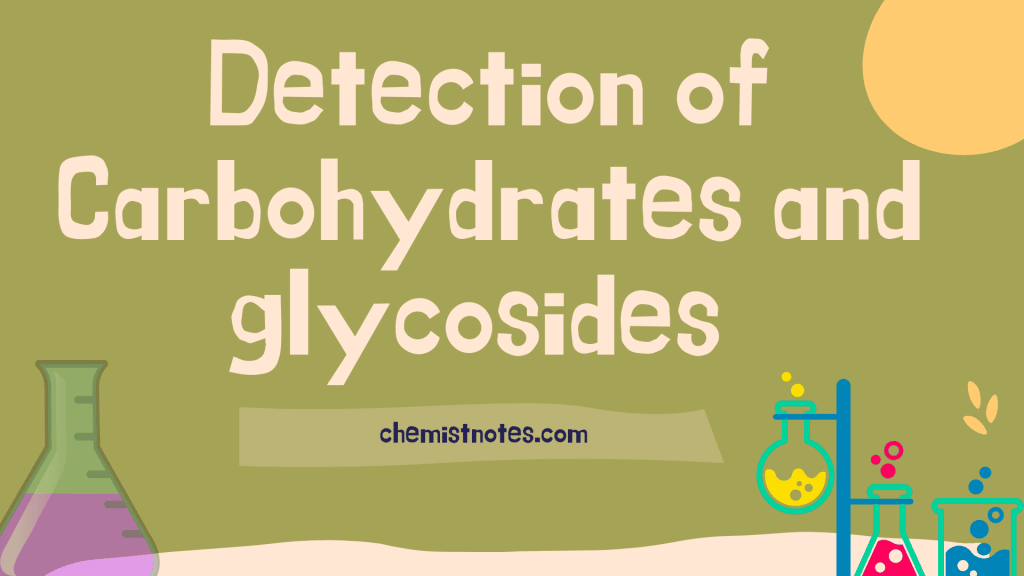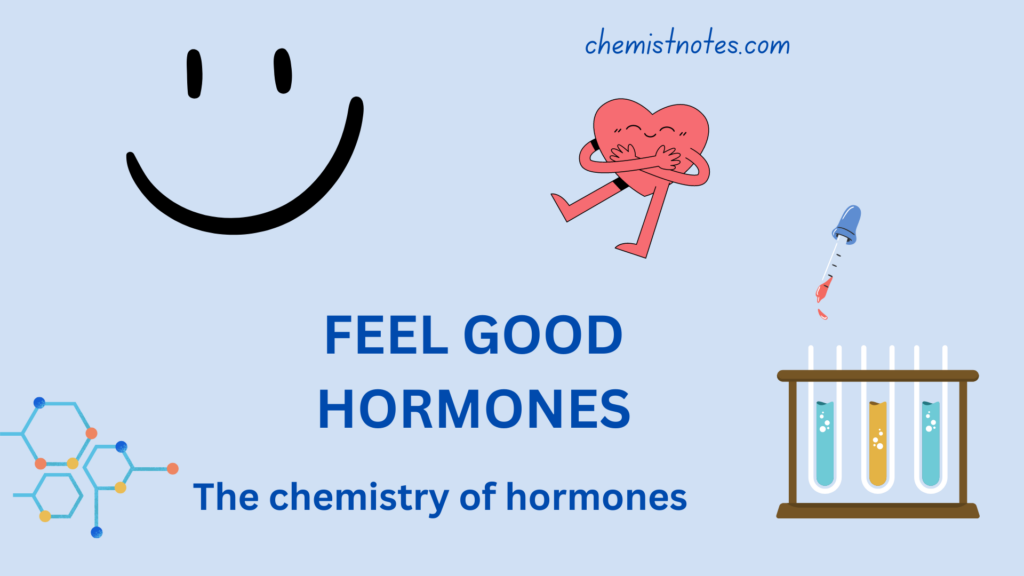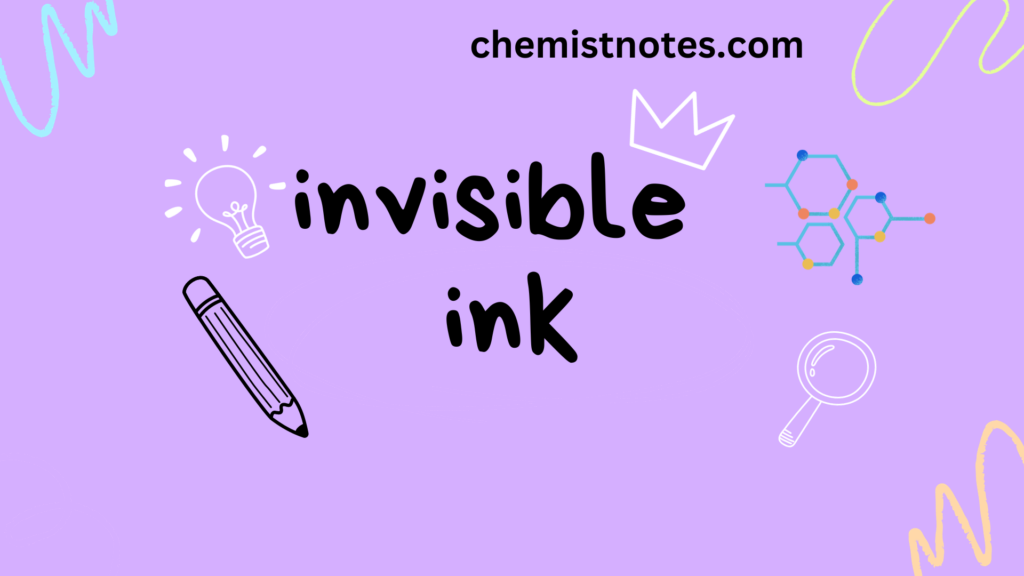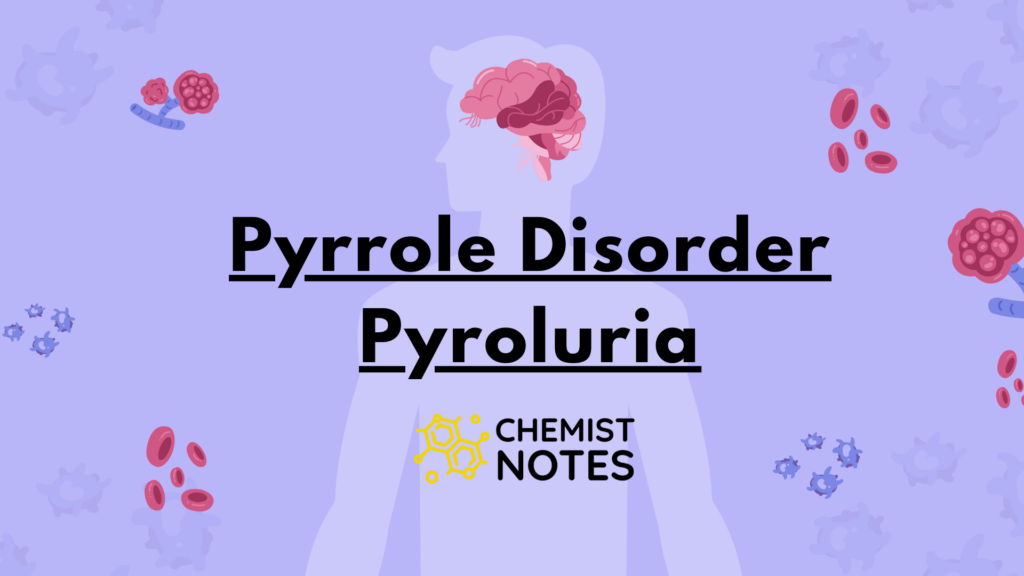Table of Contents
ToggleIn this post, you will find the latest Bsc Chemistry Syllabus of TU, Nepal from the first to fourth year. B. SC. Chemistry stands for Bachelor of Science in Chemistry which is a 4-year course at TU (Tribhuvan University), offered by several colleges under the affiliation of TU. The objective of this course is to stimulate, create and sustain their interest in the study of chemistry. The Chemistry Course in Nepal is officially started in 1921 by Tri-Chandra College, with the introduction of the Intermediate of Science (I. Sc.) program, which later was upgraded to Bachelor of Science (B. Sc.) level in 1947. The latest revisions made on the syllabus are on 2073 BS.
B. SC. Chemistry Course Objectives:
- To stimulate, create and sustain their interest in the study of chemistry
- To provide a body a chemical knowledge appropriate for higher studies.
- To make aware of the importance or scientific method of accurate experimental work.
- To provide mechanistic approaches to organic reactions.
Eligibility For Enrollment
Any student who has completed their secondary or equivalent education securing minimum ‘C’ grade in all subjects of Grade 11 and 12 are eligible for admission in Bachelor of Science (B.Sc) in Chemistry program of Tribhuvan University.
Career Opportunities
- Chemists
- Materials Scientists
- Analytical Chemist
- Chemical Engineer
- Chemistry Teacher
- Forensic Scientist
- Geochemist
- Hazardous Waste Chemist
- Pharmacologist
- Toxicologist
- Water Chemist
- & more
BSC Chemistry First Year Syllabus
Inorganic Chemistry
- Atomic structure
- Multi-electron system
- Nuclear chemistry
- Periodic classification of element and physical properties
- Chemical bonding
- Covalent bond
- Acids and Bases
- Principle of qualitative and quantitative analysis
Organic Chemistry
- Structure and Properties
- Alkanes
- Stereochemistry
- Alkyl halide (Nucleophilic subtitution)
- Alcohols and Ethers
- Alkenes
- Alkynes
Physical Chemistry
- Gaseous State
- Liquids and Solid State
- Chemical and Ionic Equilibrium
- Colligative Properties
- Chemical Kinetics
- Thermodynamics and Thermo-chemistry
BSC Chemistry Second Year Syllabus
Inorganic Chemistry
- Refining and Purification of metals
- Comparative study of s- and p- block elements and their important compounds
- Alkali metals
- Alkaline earth metals
- Gr III
- Gr IV
- Gr V
- Gr VI
- Gr VII
- Gr 0
- Chemistry of d-block elements and their compounds
- Preparation, properties, bonding and structure of following
Organic Chemistry
- Cyclic aliphatic compounds
- Aromaticity
- Aldehydes and ketones
- Carboxylic acids
- Amines
- Phenols
Physical Chemistry
- Colloidal chemistry
- Photochemistry and catalysis
- Electrolytic conductance
- Electrochemical cells
- Theromodynamics
BSC Chemistry Third Year Syllabus
Inorganic Chemistry
- Hydrogen
- Noble gases and their Compounds
- Detailed study of preparation, properries, bonding and structure of the followings
- Electronegativity
- Electron affinity and Ionization energy
- Chemical Fertilizers
- Environmental Pollution
- Air pollution system
- Water Pollution
- Soil Pollution
Organic Chemistry
- Organic reaction and methods for determining reaction mechanism
- Reactive Intermediates
- Free radicals
- Spectroscopy and Structure Determination
- Heterocyclic System
Physical Chemistry
- Electrochemistry
- Spectroscopy
- Polymer Chemistry
- Thermodynamics
Basic Biochemistry
- Biochemistry
- Nucleic acid
- Amino acids, peptides, and protein
- Enzymes
- Carbohydrates
- Lipids
Analytical Chemistry
- Basic Concept
- General concept of statistical methods in Chemical Analysis
- Titrimetric methods of Analysis
- Gravimetric methods of Analysis
- Separation method
- Cheomatography
- Instrumental methods
BSC Chemistry Fourth Year Syllabus
General Chemistry -II
Inorganic Chemistry
- Reaction in Non-aqueous solvents
- Inorganic polymers
- Organometallic compounds
- Bioinorganic Chemistry
- Lanthanides and actinides
Organic Chemistry
- Name Reaction
- Introduction of Green Chemistry
- Organic Synthesis
- Introduction to supramolecular Cheistry
- Drugs: Chemotheapeutic and pharmacodynamic Agents
Physical Chemistry
- Phase Equilibrium
- Phase equilibrium of two component system
- Binary Liquid System
- Partial miscible liquid pairs
- Completely immiscible liquid pairs
- Solid State Chemistry
- Surface Chemistry
- Quantum & Statistical Mechanics
- Quantum Mechanics
- Statistical Mechanics
General Chemistry-III
Inorganic Chemistry
- Coordination compounds
- Bonding and Application of coordination compounds
- Inorganic Reaction Mechanism
- Elementary study of carbonyls and nitrosyls
Organic Chemistry
- Bio-organic Chemistry
- Carbohydrate
- Lipid
- Protein & Nucleic acid
Physical Chemistry
- Chemical Kinetics
- Modern Electrochemistry
- Polarization of commercial cell
- Corrosion of Metallic Materails
Applied Chemistry
- Introduction to Applied Chemistry
- Inorganic Chemical Industries
- Natural Products Industries
- Polymerization Industries
- Metallurgical Industries
- Electrochemical Industries
- Safety Consideration in chemical process Industries
Basics of Nanoscience and Technology
- Introduction to Nanotechnology
- Preparation methods of Nano-materials
- Characterization Techniques for Nano-materials
- Applications of Nano-materials
- Nanostructural Materials with High Application Potential









